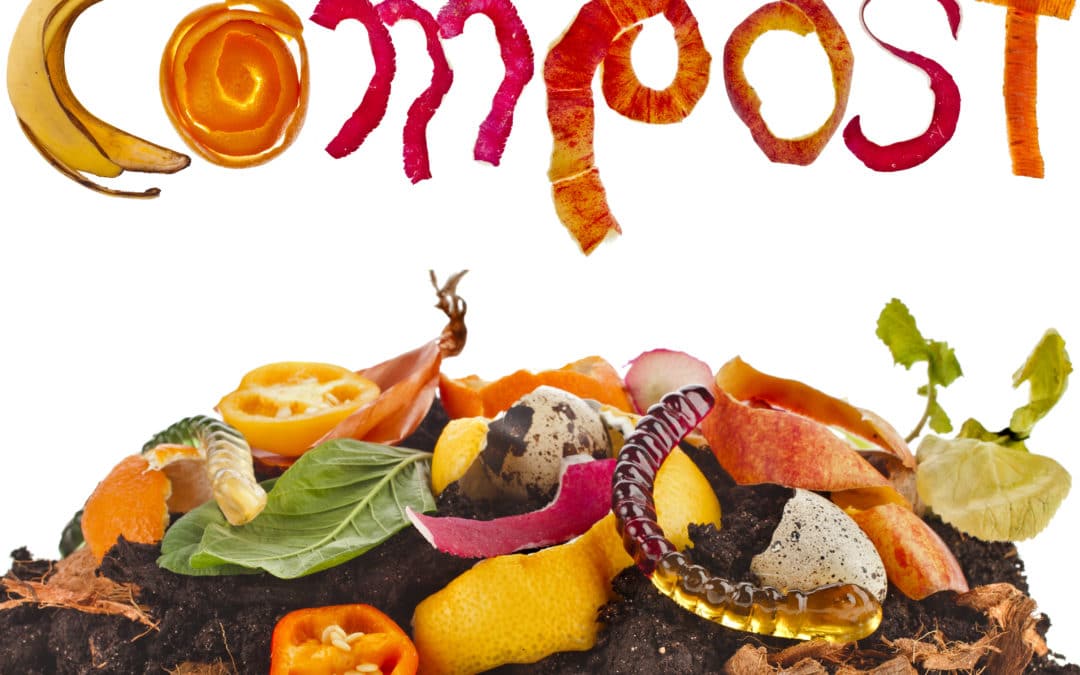Fall is in full swing, with pumpkins on porches and leaves on the ground. Keeping up with raking can be tiresome, which is why composting in the fall is extra beneficial. Composting is the process of adding natural recycled material (like those pesky leaves, or even vegetable scraps) to the garden in order to make your soil richer. Using compost for lawn fertilizer is an ideal organic substitute. Follow these tips and tricks below to seize the benefits of Fall composting.
Wait until the leaves start turning brown before raking them up. Leaves are carbon-rich and small enough to be easily added to your compost. Deciduous leaves work the best and you should avoid evergreen leaves such as holly, laurel, and conifers. Add just a few handfuls of leaves at a time to the compost bin. If you add too many leaves they will mat together and slow down the process.
Fresh grass clippings are also a great addition to your fall composting pile because they are nitrogen-rich. Add grass clippings to your compost in thin layers to prevent matting. Then add twice the volume in brown materials to balance the carbon-nitrogen ratio.
Another ingredient for your fall composting is the dying plants from your garden such as annuals from your vegetable garden. Flowers also contain many nutrients that are ideal for composting. Maintain the fall perennials while the leaves are green, and then trim them back once they turn brown and compost the leaves.
It is important to cover your fall composting pile or use an enclosed container. Your compost pile should be kept moist but should not get drenched by rain. By using a tarp or enclosed container, you can protect the contents of your fall compost pile from the elements and from pests.
Your fall composting efforts do require more materials than just the ones you find in your garden, such as leaves, grass clippings, and dying plants. Controlling the moisture in your fall composting pile can be challenging because lawn clippings and food scraps are about 80% water. You can add straw, woody waste, or cardboard to your pile to soak up some of the excess moisture.
You should also have a curbside can for yard debris or you can also use Marion County’s yard debris drop-off program. The county has two transfer stations, the North Marion County Disposal Facility near Woodburn and the Salem-Keizer Recycling & Transfer Station east of Salem. Both accept clean yard debris for composting for a fee.
Fall is the season to gather materials for composting. The wealth of carbon-rich matter will benefit your compost all year long. So next time you are going outside to rake leaves, consider composting them!
Check out this list of free resources for recycling and composting on the Marion County website here.

